Text by kalundkegel.com
Author: Philipp Schäffer
Are the big champagne brands going to be in the hot seat soon?
A change is in progress: Especially in the top restaurants, the big champagne brands are ousted by champagne coming from small winegrowers. The guest can expect a new authenticity. But this newness still needs to be sold.
Eric Rodez
The conversation with the great Eric Rodez will certainly be remembered: The Champagne wine region runs the risk of losing its identity, he says. And Rodez certainly is a big shot in the Champagne wine region. His words carry weight. He was once the chief blender for the champagne brand Krug, where he was responsible for the Grand Cuvée. Since the end of the 80s he has been producing his own champagne as a passionate fan of biodynamics. In addition Rodez is mayor of Ambonnay. You will have a hard time finding someone else who is such a strong for the region and tries to promote the image and the quality in the winegrowing of the Champagne region.
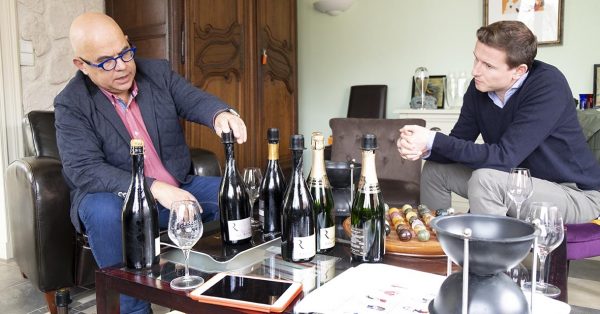
The Champagne wine region has been in the hands of the big brands for decades. The same holds true for the wine growers of the region. They have been producing and selling the grapes for the big estates. A bigger harvest means more money. “We are harvesting more and more grapes each year. In doing so we endanger the quality of the product. And we all utterly depend on the reputation of this product”, says Rodez. What is lost is the diversity and authenticity of the Champagne wine region. Everything tastes the same, and that’s exactly what could mean the ruin for the Champagne wine region in the end.
A new variety and a new quality is growing.
Eric Rodez
Rodez is not alone with his opinion. I was able to experience that during my tasting tour through the Champagne region. But: More and more small winemakers are breaking away from the contracts with the big brands and starting to produce their own champagne. It creates a new variety and, above all, a new quality.
Olivier Collin (Ulysse Collin)
A wonderful example of this upheaval is the winemaker Olivier Collin (Ulysse Collin), who withdrew from his contract with Pommery and even put up with a lawsuit to be able to produce his own champagne. Collin is fanatic when it comes to quality. Even his base wines, which he develops a 100 percent in oak barrels, are fantastic. Exactly this meticulous work in the vineyard and the courage to show tranquillity in the wine cellar characterize this breed of winemakers.
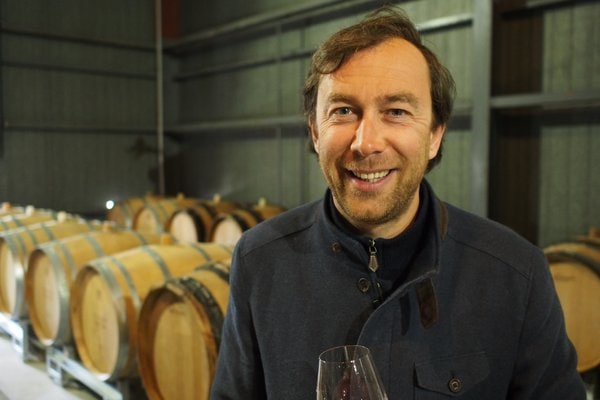
Francis Egly (Egly-Oriet)
Francis Egly (Egly-Oriet) is of coursed one of the pioneers in the field. He has been following his own ideas for a long time. Everything he does in the vineyard and the cellar is biodynamic in. The champagne can lie on the fine yeast for up to nine years before being disgorged.
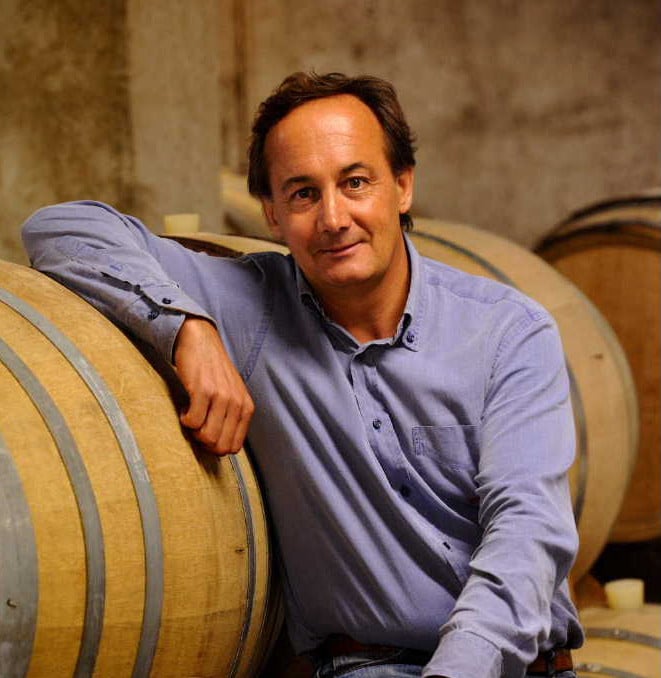
Bénédicte Ruppert & Emmanuel Leroy (Ruppert-Leroy)
The most uncompromising thing I’ve seen was Ruppert-Leroy: an absolute newcomer winemaker from Aube. Since 2014 his business has been Demeter certified. Working with and in nature is put above everything else. On their estate there are stables with horses, cows, pigs and chickens. The fertilizer is homemade, the vineyards are bursting with life and energy. That is a quality that surely comes out in the champagne.
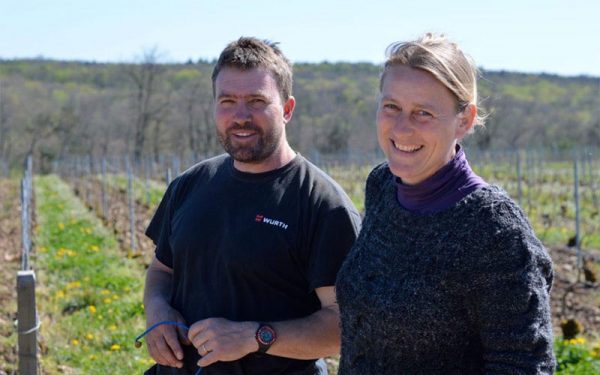
Champagne Storytelling
If you peek into the wine lists of the top houses or trendy wine bars they reflect that change in the Champagne wine region. The big brands are increasingly disappearing from the wine lists thus leaving room for the new variety of champagnes by winegrowers.
But of course you still need to sell this champagne in the restaurant. And the big champagne houses with their million-dollar marketing budgets have made a name for themselves over the decades. Champagne is still considered a prestige drink and many brands are selling without any additional help. That is why it is important for champagnes coming from winegrowers to have a lot of background knowledge. Storytelling is the magic word here. Anyone who knows the philosophy and the stories behind these ambitious champagne makers and has experienced them on site can bring the explain the product to their guest with true passion. In terms of price these champagnes start at a purchase price of less than 30 euros.
Bertrand Gautherot (Vouette et Sorbée)
And the guest can be sure to have pure authenticity in the glass. This is also how Bertrand Gautherot (Vouette et Sorbée) describes it. Anyone who visits his vineyards can see the healthy vines and the vital soil. Biodynamics is tzaken for granted by Bertrand. And, like Eric Rodez, he is considered a great promoter of the young winegrowers who follow the “rising stars” in producing their own champagne far away from the mainstream.
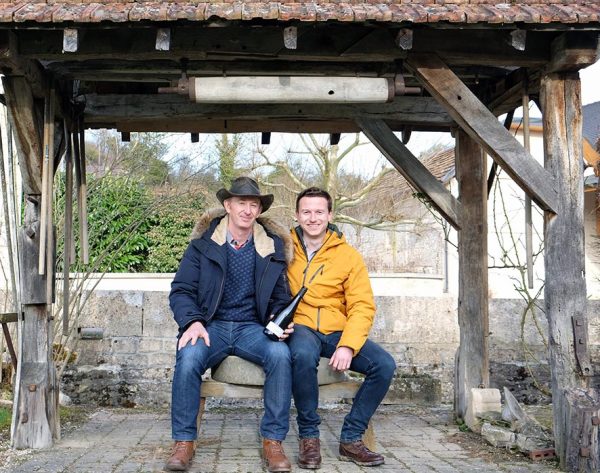
Fotos: kalkundkegel.com
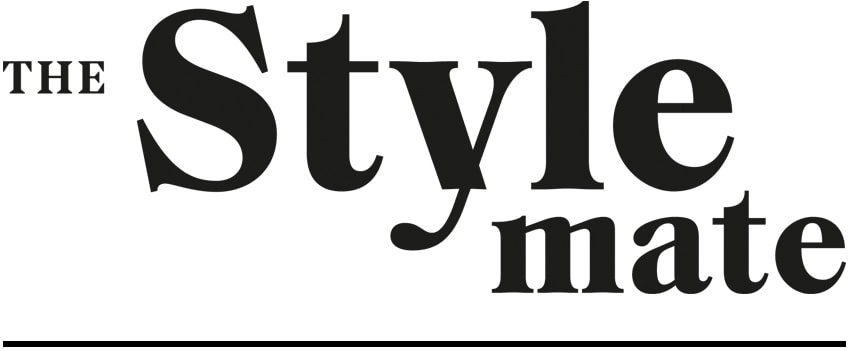
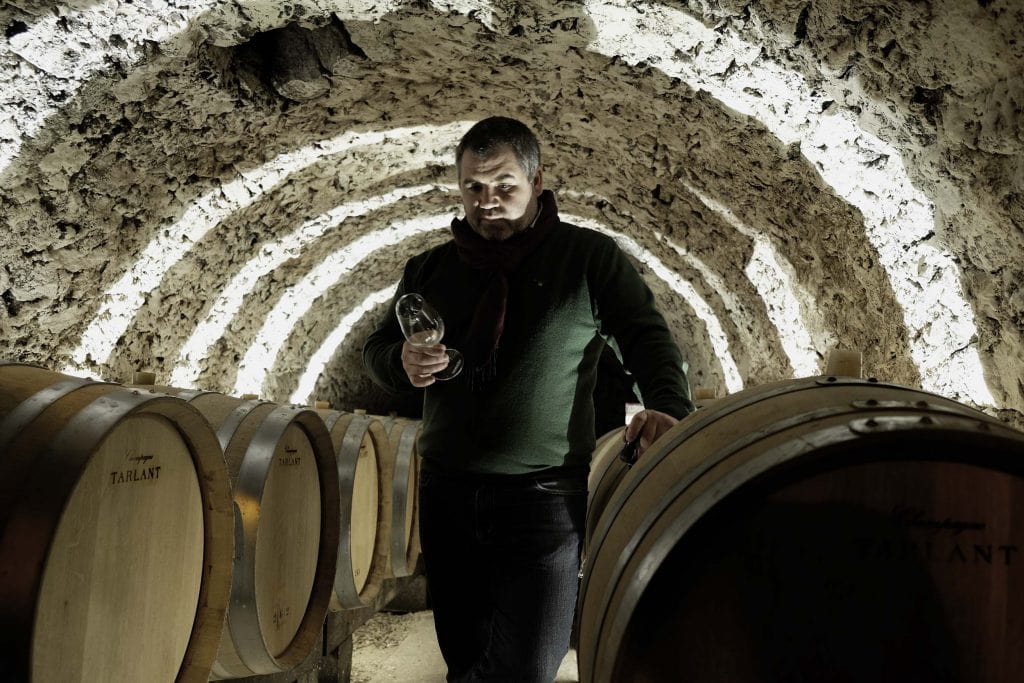
iThere are no comments
Add yours